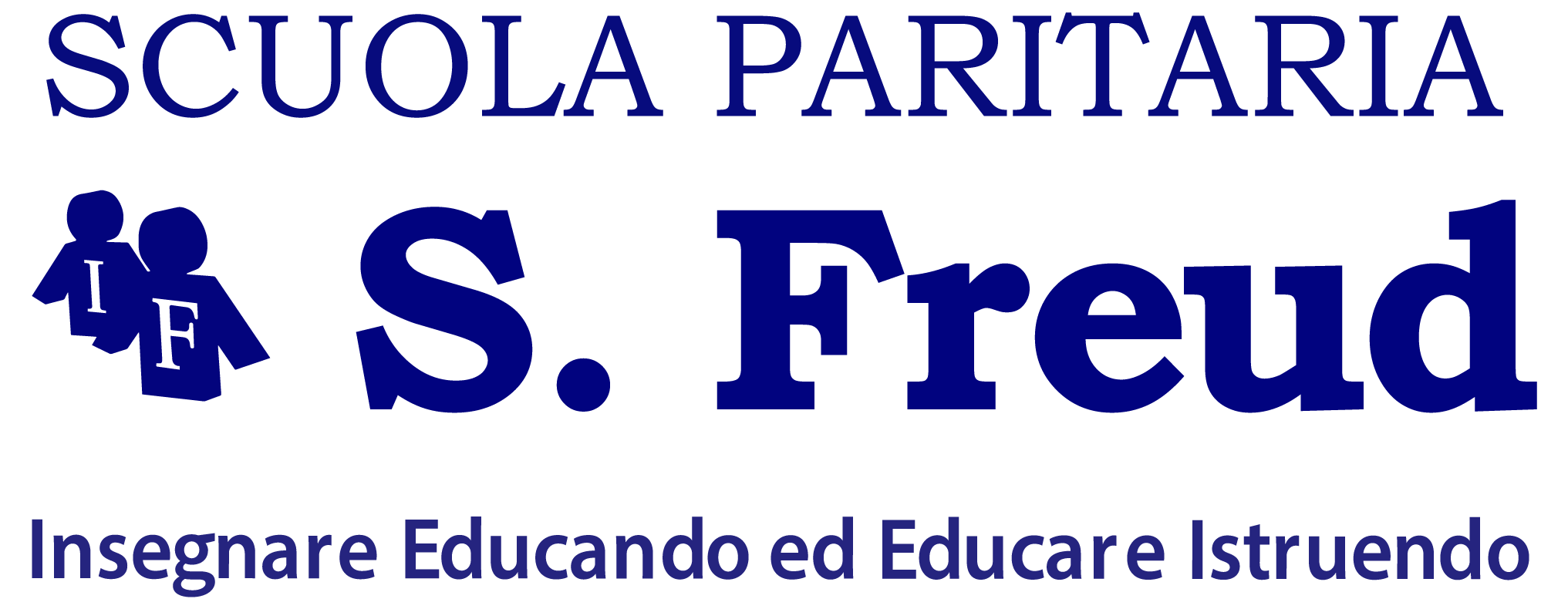31 maggio 2024
Dr. Daniele Nappo, Legal Representative as well as Founder of the S. Freud Private School for the past twenty-five years has always focused his attention on the prevention of youth distress through the coordination of the psychological desk.
I started working in school 25 years ago, as head of management of the Freud School in Milan: in my experience I have always paid attention to the prevention of youth distress, coordinating a psychological listening desk. I spend my days with my students, I have seen hundreds of them grow and discover their way, I have touched their need for confrontation with adults, their demoralized search for words, their fears, sufferings, silences, insatiable curiosity, sympathy and generosity, the will to live, the boundless questions about the meaning of their being in the world. Only words and being part of a helpful and educational community, through confrontation with others and the endless experiences of other human beings, can help one seek answers. From them I continue to learn something every day and individual in which way to manage, enrich and change the lives of young people. I sometimes meet teachers who have never set foot in a classroom and think they know kids. People who sentence that one must have only the classical high school in mind, who want the school for the few and the teacher on the platform. Nonsense that only arises because they would rather continue to educate than have students think and grow in a protected environment and with adults who really care about them in a public and democratic space. I think students are not frightened, as one would have them believe, by subjects, which can be difficult but like everything else that is still unknown, or by grades; I think they are frightened by the absence or worse the indifference of adults. Young people are demanding that teachers become reference points for their growth, instead of anonymous people in learning environments, albeit innovative, bureaucrats and executors of abstract didactics of skills or uncertain orienters. For there to be affective education through relationship and working together on cultural content that is also emotionally connoted. Affectivity is not taught, it is experienced: relationships developed in the entire educational process, relationships are created in the class group, in every moment and disciplinary space. Affectivity is experienced, it cannot be learned. Didactic education, the real kind, must indicate conduct aimed at creating opportunities, relationships, human contexts suitable for everyone's potential to emerge.


